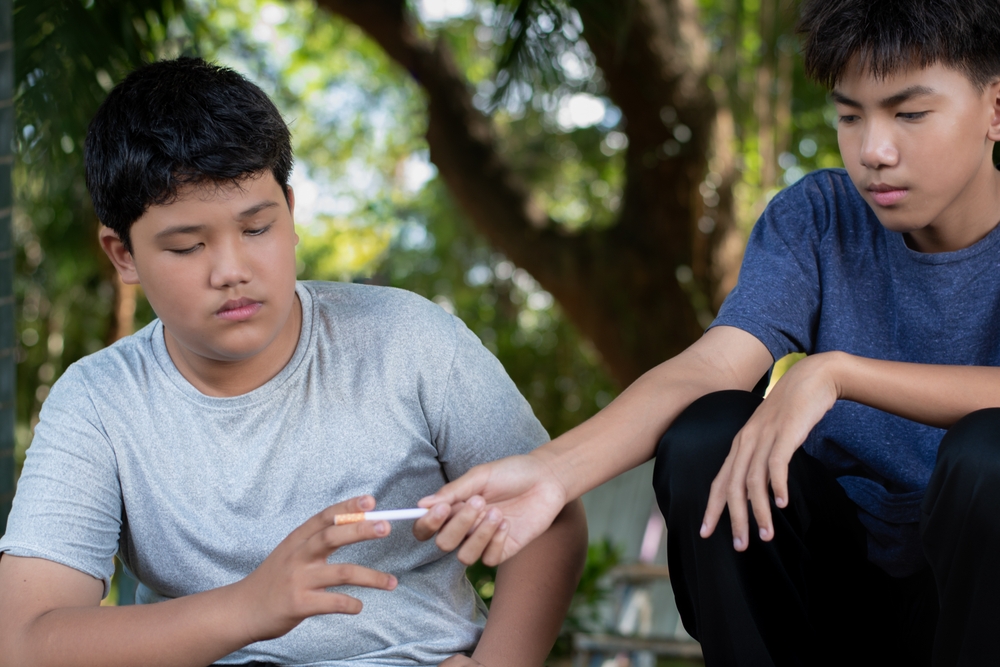 Finding out that your adolescent child smokes can be a worrying and difficult circumstance for parents. What can you do when your teen is caught smoking? Using tobacco or marijuana can have a big impact on someone's behavior, health, and future. For this reason, it’s essential to know what to do in this situation, as well as what supports are available for teens and parents struggling with this issue.
For instance, teens who find themselves on the wrong path may gain the confidence and support they need to make better choices from a therapeutic program such as the one at Liahona Academy. This setting offers one-on-one guidance, positive peer support, and much more, helping teens turn their lives around and gain confidence in themselves. Continue reading to learn more about how a therapeutic setting can help teens in need as well as what to do as a parent when you discover your teen is smoking.
Finding out that your adolescent child smokes can be a worrying and difficult circumstance for parents. What can you do when your teen is caught smoking? Using tobacco or marijuana can have a big impact on someone's behavior, health, and future. For this reason, it’s essential to know what to do in this situation, as well as what supports are available for teens and parents struggling with this issue.
For instance, teens who find themselves on the wrong path may gain the confidence and support they need to make better choices from a therapeutic program such as the one at Liahona Academy. This setting offers one-on-one guidance, positive peer support, and much more, helping teens turn their lives around and gain confidence in themselves. Continue reading to learn more about how a therapeutic setting can help teens in need as well as what to do as a parent when you discover your teen is smoking.
Parental Strategies to Implement When Your Teen is Caught Smoking
 Finding out that your adolescent child smokes can be a worrying and difficult circumstance for parents. What can you do when your teen is caught smoking? Using tobacco or marijuana can have a big impact on someone's behavior, health, and future. For this reason, it’s essential to know what to do in this situation, as well as what supports are available for teens and parents struggling with this issue.
For instance, teens who find themselves on the wrong path may gain the confidence and support they need to make better choices from a therapeutic program such as the one at Liahona Academy. This setting offers one-on-one guidance, positive peer support, and much more, helping teens turn their lives around and gain confidence in themselves. Continue reading to learn more about how a therapeutic setting can help teens in need as well as what to do as a parent when you discover your teen is smoking.
Finding out that your adolescent child smokes can be a worrying and difficult circumstance for parents. What can you do when your teen is caught smoking? Using tobacco or marijuana can have a big impact on someone's behavior, health, and future. For this reason, it’s essential to know what to do in this situation, as well as what supports are available for teens and parents struggling with this issue.
For instance, teens who find themselves on the wrong path may gain the confidence and support they need to make better choices from a therapeutic program such as the one at Liahona Academy. This setting offers one-on-one guidance, positive peer support, and much more, helping teens turn their lives around and gain confidence in themselves. Continue reading to learn more about how a therapeutic setting can help teens in need as well as what to do as a parent when you discover your teen is smoking.


Leave a Reply